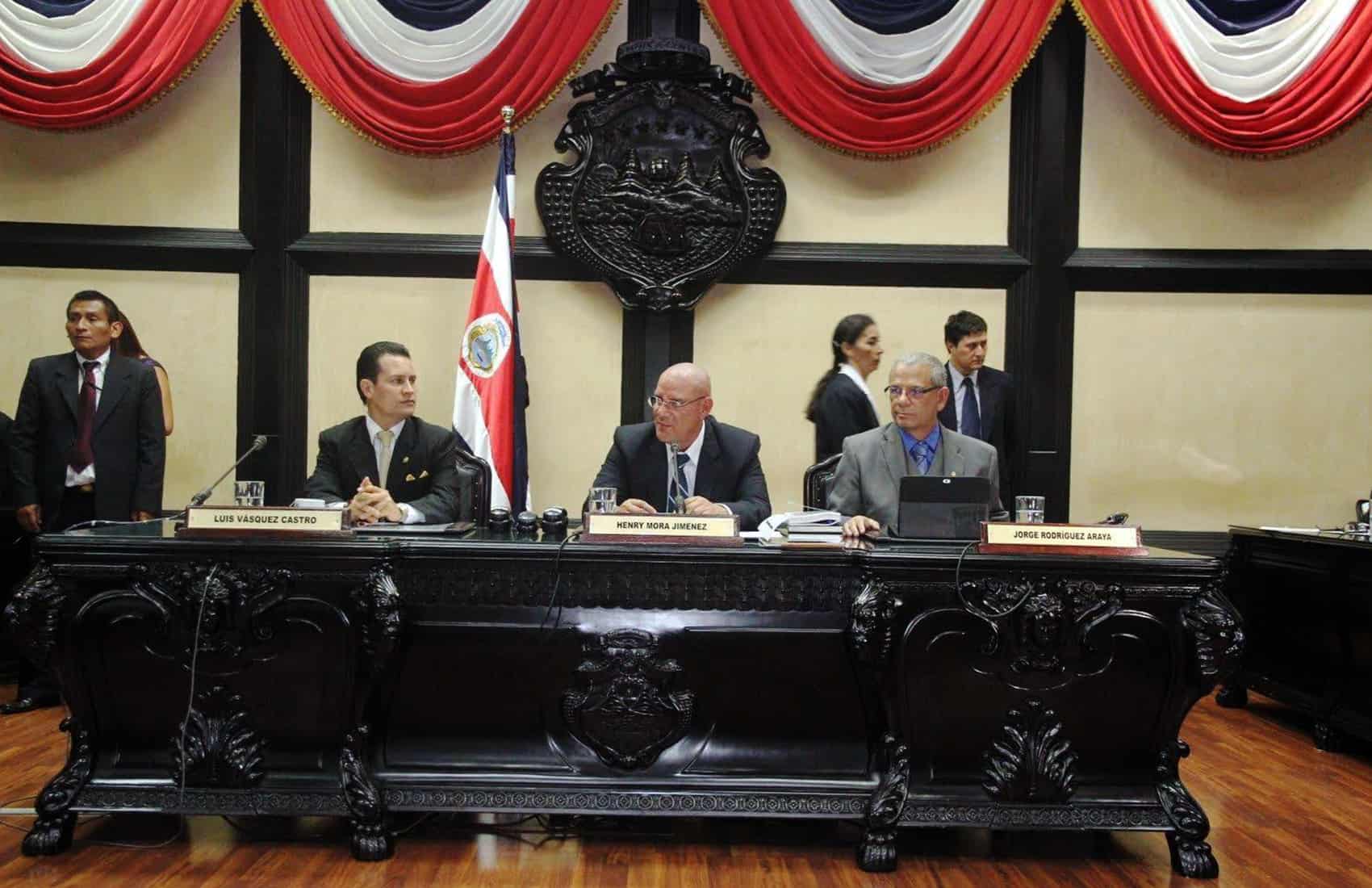The Eurasia Group didn’t even wait for lawmakers to get back from their holiday break next Monday before announcing a downgrade of Costa Rica’s short and long-term outlooks to “negative” from “neutral.”
Eurasia Group senior analyst Risa Grais-Targow cited growing challenges for President Luis Guillermo Solís’ Citizen Action Party (PAC) and a lack of perceived political will to rein in the country’s fiscal deficit among the drivers behind Friday’s downgrade.
A “negative” outlook from the risk analyst group means they believe politics will negatively affect the country’s wider business environment.
Grais-Targow characterized Solís’ decision to lift former President Laura Chinchilla’s (2010-2014) veto of a long-stalled Labor Reform Bill as a political blunder that would cost him support from the center-right Social Christian Unity Party, which they claim is necessary to hold on to the legislative presidency. Already lacking a majority in the Legislative Assembly, PAC’s chances of passing proposed fiscal reforms would fizzle, Eurasia Group predicted.
The Solís administration is pushing two fiscal bills for the 2015 session, including a transition to a value-added tax structure from the current sales tax system, and a global income tax that would place Costa Rica alongside the United States among a handful of countries that tax citizens on foreign-earned income.
The downgrade was further pushed by the legislature’s decision to pass Solís’ proposed budget without any cuts after the Legislative Assembly struggled to come to an agreement on what to trim from the $14 billion budget — the largest ever approved by Costa Rican lawmakers. The country’s deficit is set to grow by 6.7 percent of gross domestic product, exacerbating concerns that Costa Rica will have to continue financing the government with more debt and no exit strategy.
In September 2014, Moody’s Investor Services downgraded Costa Rica’s sovereign debt to junk – Ba1 – with a stable outlook.






